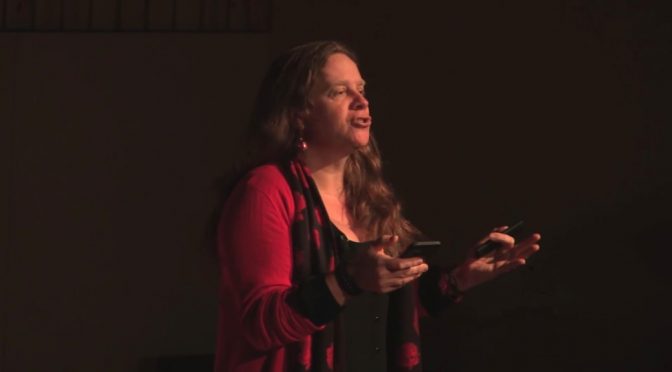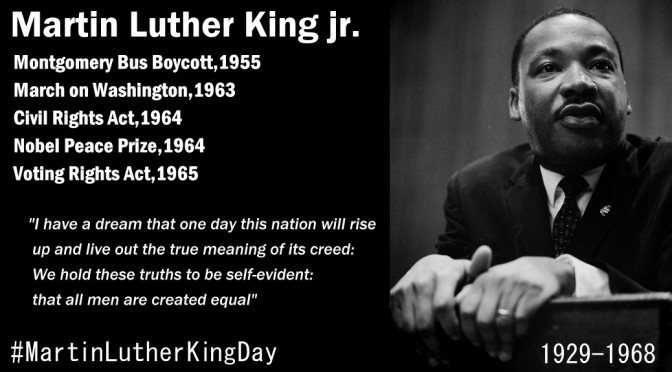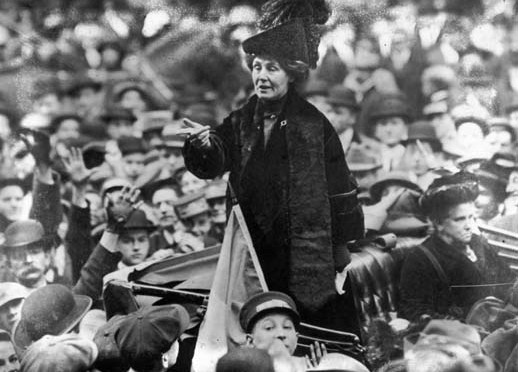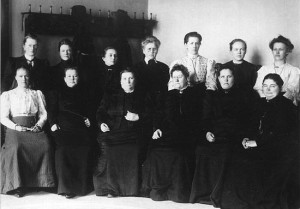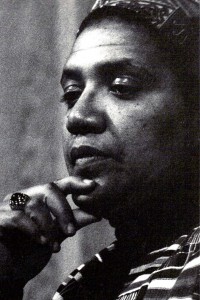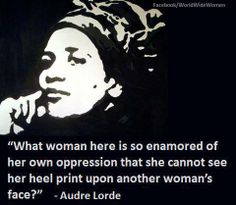The inspiration of dreamers
One of the first records I bought was Imagine by John Lennon and like him, I’ve always been a dreamer. I’ve always believed the world could be a better place. His life like other great dreamers was cut short by violence.
“Imagine all the people living life in peace. You may say I’m a dreamer, but I’m not the only one. I hope someday you’ll join us, and the world will be as one.” – John Lennon
Martin Luther King had a dream, was also shot dead, and whilst he precipitated change in his country, yet the work goes on. Black Lives Matter shows the need to keep at it, that progress is not instant but builds a head of steam and gathers momentum. It took 46 years from MLK’s “I have a dream” speech until Barack Obama became the first black President.
Eight years before MLK’s speech Rosa Parks refused to give up her seat to a white man on an Alabama bus back in 1955. Nine months before Parks, a 15-year-old teenager, Claudette Colvin did the same. These women had had enough of being pushed around and treated as second class because of both the colour of their skin and their sex – double discrimination and oppression, because “we don’t live single issue lives” – Audre Lorde.
The Tipping Point
The 1969 Stonewall Inn riots that kicked off the LGBT Pride movement were actually the third resistance event in a US city against Police homophobia and transphobia (LA, 1959; San Francisco, 1966), but the tide had turned. The people fought back.
Other movements like #MeToo, #GenderPayGap, and #MarchForOurLives – one of the biggest youth protests since Vietnam, create momentum and a tipping point when people say enough is enough.
What inspires me to keep going in my activism is both the history of past examples: Lennon, MLK, Rosa Parks, and Audre Lorde:
“I am not free while any woman is unfree, even when her shackles are very different from my own.”
But also the role models of now. Like Parkland, Florida’s amazing Emma Gonzalez or Malala Yousafzai:
“One child, one teacher, one book, one pen can change the world.”
“If one man can destroy everything, why can’t one girl change it?”
We haven’t arrived, there is more to do
We haven’t yet reached the tipping point on, for example, FGM, for which there’s not been a single successful prosecution yet in the UK.
For a supposedly developed, civilised world we are in a mess. There remains so much more to be done on people trafficking, on equality and diversity, on mental health compassion and advocacy, on welcoming refugees and migrants, on giving everyone similar educational opportunities, on ending gun violence.
“Never doubt that a small group of thoughtful, committed citizens can change the world. Indeed, it is the only thing that ever has.” – Margaret Mead
Be different, be the one and not the many, and make a difference
Being able to reflect on history means I know that change can and does happen, and each time it began with one person. A past relative of mine wrote the speeches for William Wilberforce in the UK to end slavery, another worked as a spy and interpreter alongside Tito in Yugoslavia with the resistance against the Nazis.
We can make a difference, and it begins often with a small act of resistance and others then joining you. Be the person who says “enough is enough”, and “now is the time”.
We can be the change:
“If we could change ourselves, the tendencies in the world would also change. As a man changes his own nature, so does the attitude of the world change towards him. … We need not wait to see what others do.” – Mahatma Gandhi
And we should not wait:
“Change will not come if we wait for some other person or some other time. We are the ones we’ve been waiting for. We are the change that we seek.” – Barack Obama
